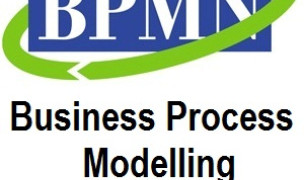 10 Terms
10 TermsHome > Terms > Armenian (HY) > հիպեր ինֆլյացիա
հիպեր ինֆլյացիա
Very, very bad. Although people debate when, precisely, very rapid inflation turns into ¬hyper-inflation (a 100% or more increase in prices a year, perhaps?) nobody questions that it wreaks huge economic damage. After the first world war, German prices at one point were rising at a rate of 23,000% a year before the country’s economic system collapsed, creating a political opportunity grasped by the Nazis. In former Yugoslavia in 1993, prices rose by around 20% a day. Typically, hyper-inflation quickly leads to a complete loss of confidence in a country’s currency, and causes people to search for other forms of money that are a better store of value. These may include physical assets, gold and foreign currency. Hyper-inflation might be easier to live with if it was stable, as people could plan on the basis that prices would rise at a fast but predictable rate. However, there are no examples of stable hyper-inflation, precisely because it occurs only when there is a crisis of confidence across the economy, with all the behavioral unpredictability this implies.
- Del af tale: noun
- Synonym(er):
- Blossary:
- Branche/domæne: Economy
- Category: Economics
- Company: The Economist
- Produkt:
- Akronym-forkortelse:
Andre sprog:
Hvad vil du sige?
Terms in the News
Featured Terms
Վիկտորիաս Սիքրեթ
A US retailer of premium quality women's fashion wear, lingerie and beauty products. Victoria's Secret is known for its annual fashion runway show, ...
Bidragyder
Featured blossaries
Browers Terms By Category
- General boating(783)
- Sailboat(137)
- Yacht(26)
Boat(946) Terms
- General seafood(50)
- Shellfish(1)
Seafood(51) Terms
- Misc restaurant(209)
- Culinary(115)
- Fine dining(63)
- Diners(23)
- Coffehouses(19)
- Cafeterias(12)
Restaurants(470) Terms
- Authors(2488)
- Sportspeople(853)
- Politicians(816)
- Comedians(274)
- Personalities(267)
- Popes(204)




